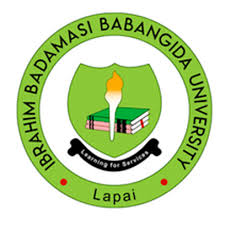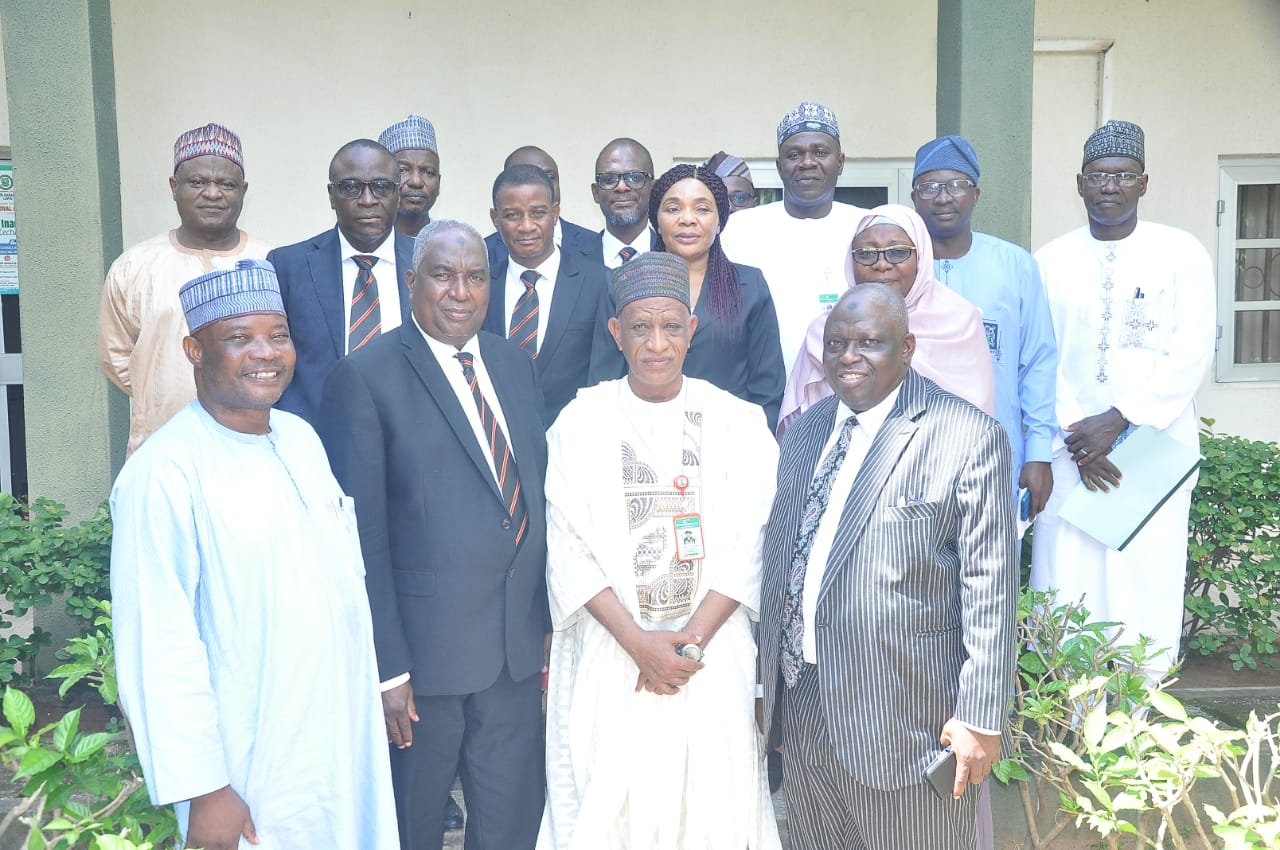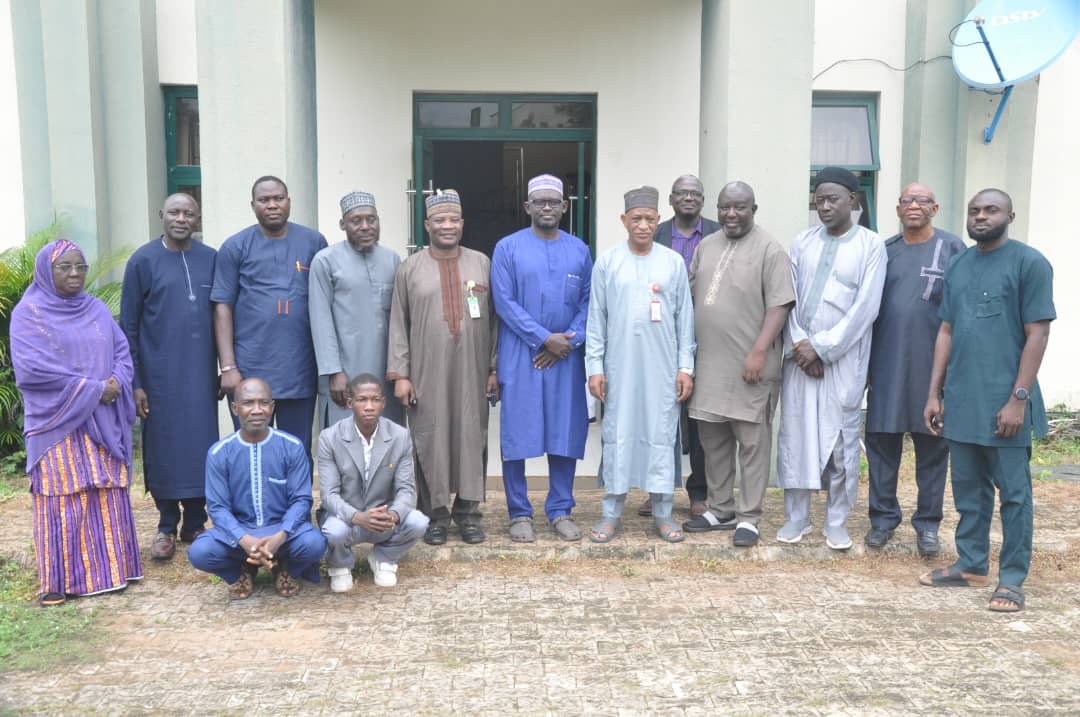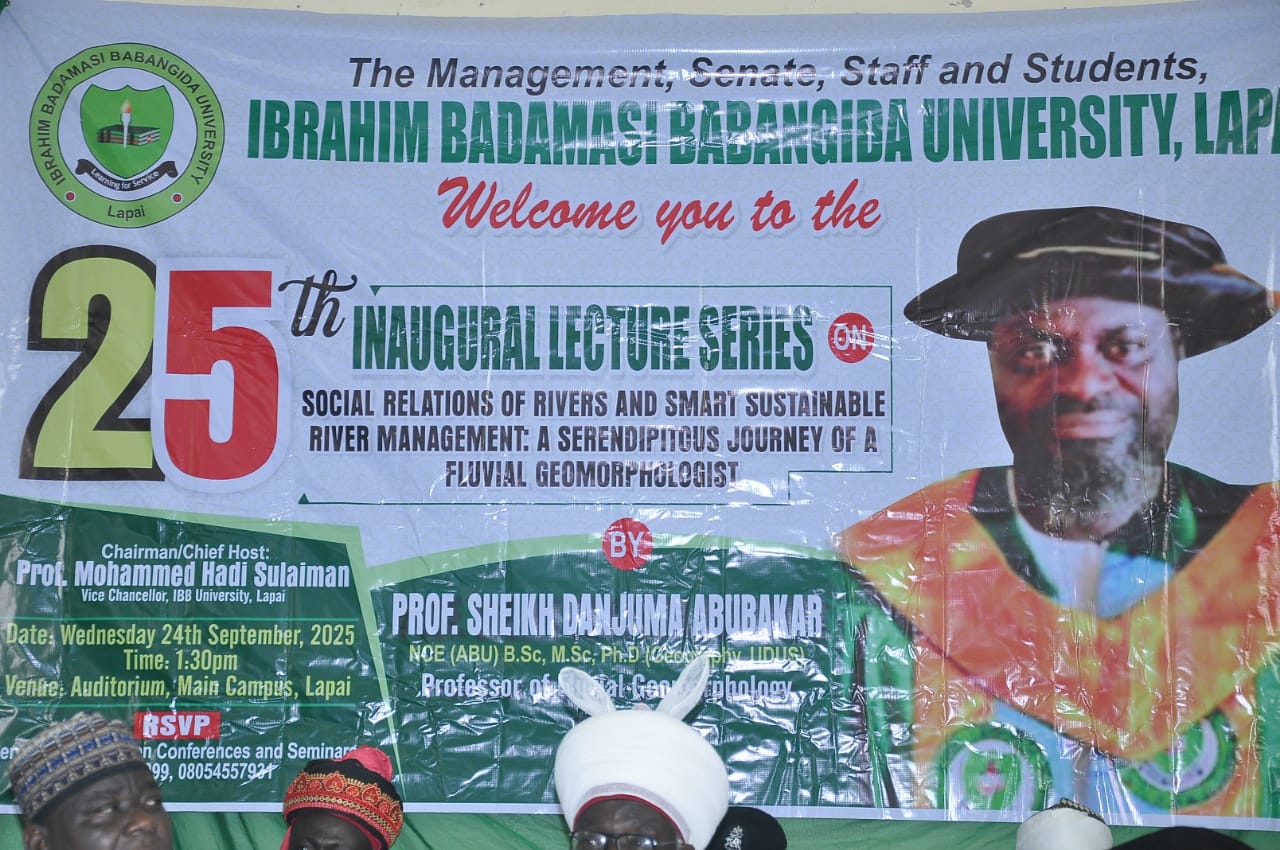he Vice Chancellor of Ibrahim Badamasi Babangida University, Lapai, Professor Mohammed Hadi Sulaiman, has reaffirm ed his commitment to prioritising the health and well-being of both staff and students of the Institution.
His remarks followed a letter dated 16th September 2025, in which the Academic Staff Union of Universities (ASUU), IBBU branch, expressed grave concerns over the state of the University’s Medical Centre.
The letter, which is a fallout of the ASUU Congress held on 11th September 2025, cited the near absence of qualified medical personnel, inadequate facilities, shortage of drugs, and poor service delivery as major challenges confronting healthcare in the University.
ASUU, in its resolution, urged both the University Management and the Niger State Government to declare a state of emergency on health services, stressing that the situation was already affecting the productivity of staff and students, as well as eroding public confidence in healthcare delivery at Lapai.
Professor Mohammad Hadi Sulaiman acknowledged the challenges, describing the University Clinic as one of his “biggest worries” since assuming office.
He disclosed that his administration had made several interventions, including engaging Health Maintenance Organisations (HMOs) to support students’ care and providing new medical equipment and supplies.
Professor Sulaiman also addressed persistent concerns over drug theft at the clinic, describing it as a major setback to Management’s interventions. He revealed that steps are already being taken to introduce a digital drug-tracking system designed by the University’s ICT experts to ensure proper accountability and curb diversion of medical supplies.
The Vice-Chancellor stressed that his administration would not condone sabotage, warning that any staff found guilty of stealing or mismanaging drugs would face strict disciplinary action.
He further disclosed that the Management had installed an alternative power supply through solar inverters at the clinic to guarantee steady power supply and improve service delivery, particularly at night. According to him, this intervention, along with other ongoing measures, is aimed at strengthening the facility’s efficiency and restoring public confidence in the University’s healthcare system.
The Vice Chancellor, however, admitted that more still needed to be done. He revealed that efforts are ongoing to recruit additional medical doctors and possibly integrate lecturers from the College of Health Sciences into the University’s clinic service schedule.
Plans, he disclosed, are also underway to introduce a 24-hour ambulance service with dedicated hotlines to enhance medical response for staff and students.
While acknowledging the difficulties of running an efficient health centre in a rural setting like Lapai, Professor Sulaiman assured stakeholders that the Management remains determined to gradually transform the facility into a standard medical centre.
“The wellbeing of our staff and students remains a top priority. Though the challenges are enormous, we are committed to addressing them step by step until our health services reflect the dignity of our university,” he said.
In his remarks, the ASUU Chairman, IBBUL chapter, Dr. Galadima Audu Bala, expressed gratitude to the Vice-Chancellor for his openness, noting that the meeting combined a courtesy visit with discussions on ASUU’s resolution regarding the poor state of the University Clinic and Lapai General Hospital.
He stressed that the failure of Lapai General Hospital has worsened pressure on the University Clinic, leaving staff and students without viable healthcare alternatives except traveling to Minna.
He cited painful instances, including the loss of a staff member’s wife and a professor traveling to Ilorin for basic treatment due to lack of drugs at the Clinic.
Dr. Galadima commended the Vice-Chancellor for honestly admitting the reality of the challenges, describing it as a sign of genuine will to resolve them.
He emphasized that declaring a state of emergency on healthcare services, both by the University and the State Government, is necessary to restore confidence.
He further explained that ASUU had also written to the Niger State Government, since the University alone cannot fix the broader healthcare crisis in Lapai.
On internal issues, he raised concerns about drug theft and general impunity within the University system, warning that failure to take disciplinary measures only encourages misconduct. He therefore called on the Management to penalize anyone found stealing drugs or engaging in sabotage at the Clinic, stressing that clear punitive measures are necessary to prevent recurrence and discourage impunity.
Commenting, the Deputy Vice-Chancellor (Administration), Professor Mohammed Salihu Niworu, highlighted the Management’s ongoing efforts to reposition the University Clinic despite the many challenges.
He recalled that the Central Bank of Nigeria once had an uncompleted project for a modern clinic, which dampened morale, but assured that steps are being taken to revive the idea. He revealed that discussions were ongoing with the NYSC to secure medical corps members, while ICT experts are already developing software to curb drug theft and improve accountability.
Professor Niworu also stressed the importance of attitudinal change among staff and students, urging everyone to embrace dialogue and incremental improvements rather than confrontation, since healthcare services cannot be transformed overnight.
Other Principal Officers reinforced these points, noting the Vice Chancellor’s determination to ensure a 24-hour ambulance service, recruit more medical doctors, and restore confidence in the Clinic.
They appealed for collective responsibility, warning against drug theft and negligence, and called for better collaboration with Lapai General Hospital to reduce the burden on the University’s facility. They further commended ASUU’s choice of dialogue, pledged continued support to the Vice-Chancellor’s reforms, and urged both staff and students to see themselves as stakeholders working toward the same goal of strengthening IBBUL’s healthcare system.
In his closing remarks, the Registrar and Secretary to Council, Alhaji Idris Saleh Kusherki, expressed appreciation to ASUU for the maturity shown in addressing the issues affecting the University’s healthcare services. He commended the union for choosing dialogue over confrontation and assured that the Management would continue to work closely with staff unions to find lasting solutions.
Alhaji Kusherki further pledged that the concerns raised would not be taken lightly, as the welfare of staff and students remains central to the University’s mission.






